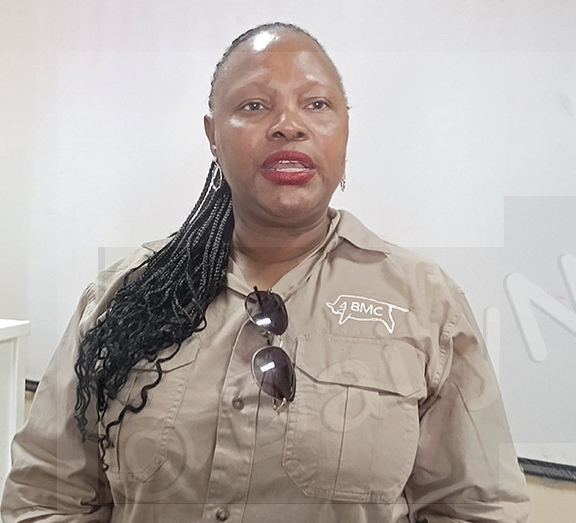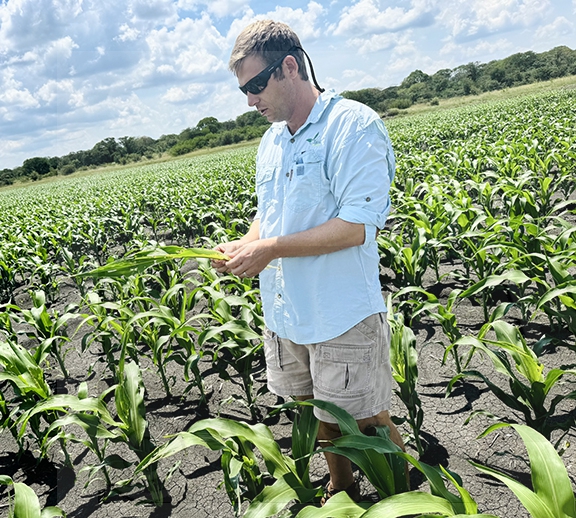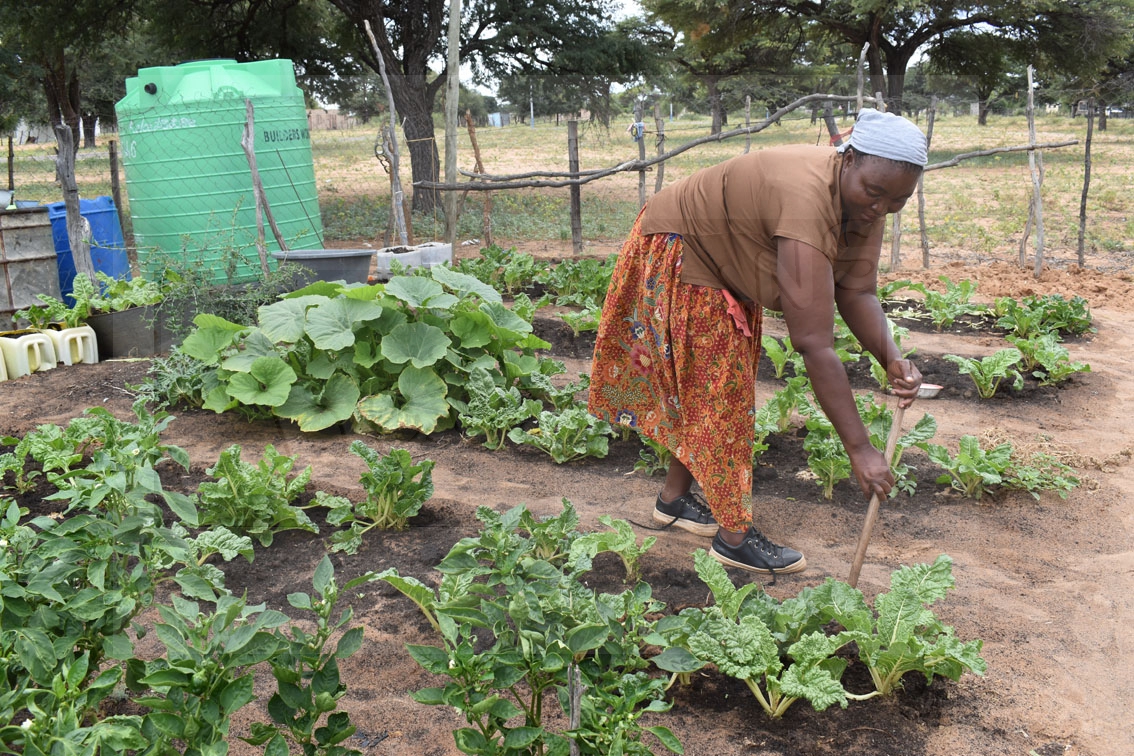BMC buys live cattle from Ngamiland farmers
14 Oct 2025
The Botswana Meat Commission (BMC) is implementing a new system to directly purchase live cattle from Ngamiland farmers at P16 per kilogramme and assume full responsibility for the quarantine process.
This was revealed by BMC chief executive officer, Ms Kesolofetse Tibe in an interview following a meeting with farmers’ association representatives in Maun recently. This, she said, aimed at addressing long-standing concerns about the current quarantine system.
Ms Tibe said effective immediately the BMC would buy live-weight cattle and handle all aspects of the quarantine until slaughter.
“This means farmers will no longer incur costs for caring for the animals during the quarantine period. Farmers will receive their payment within three days. The BMC will collect animals from designated collection points and transport them to the quarantine facility," she said.
"This expands on a measure introduced in 2022, when the abattoir began covering transport costs to relieve farmers of that financial burden.”
She added that the new system, including the introduction of an e-wallet card capable of receiving up to P500,000, was scheduled to be officially launched on October 24 at the Makalamabedi quarantine facility, with an actual demonstration for farmers on October 25.
She said BMC livestock procurement staff would visit the district to inform and sensitise the farming community about the change. Ms Tibe said she was hopeful that the arrangement would bring positive results by incentivising supply to the BMC and allow the Maun abattoir to slaughter seven days a week and match the Lobatse schedule.
“The shift comes as a direct response to farmers’ pleas. They had previously complained that the existing quarantine system was unworkable, presented significant challenges in caring for the animals, and could lead to cattle loss for the BMC. Farmers had explicitly proposed that the abattoir buy animals directly and manage the quarantine requirements,” she added.
She further indicated that the quarantine system was originally implemented in Ngamiland to facilitate the Commodity Based Trade approach, with the intention of managing cattle at the facility until they were ready for slaughter. Nonetheless, she said BMC was actively working to secure lucrative new markets.
Currently, she said a significant portion of Ngamiland beef was sold locally, with the international market being less active. Ms Tibe did, however, appreciated that the abattoir had received a new order from Lebanon.
She indicated that efforts were also underway to tap into more profitable markets, including ongoing discussions with the Democratic Republic of Congo (DRC). Furthermore, she said BMC was also in the process of ensuring the Maun abattoir was accredited for Halal slaughter.
“This is to target the United Arab Emirates (UAE) market, which requires a pneumatic slaughter system. The necessary machine has been installed and is awaiting audit to ensure compliance and certification,” she said.
Maun plant manager, Mr Ishmael Ramorula underscored the urgency of the change owing to the plant’s recent performance. Mr Ramorula stated that this year, the plant had performed dismally poor in terms of procuring animals compared to last year, where BMC slaughtered only 595 cattle, which translated to 113.05 tonnes of beef.
He noted that the majority of farmers were reluctant to sell cattle, citing that the quarantine system was not working for them and had requested the abattoir to buy live cattle directly and take responsibility for the quarantine processes. ENDS
Source : BOPA
Author : Esther Mmolai
Location : Maun
Event : Interview
Date : 14 Oct 2025






